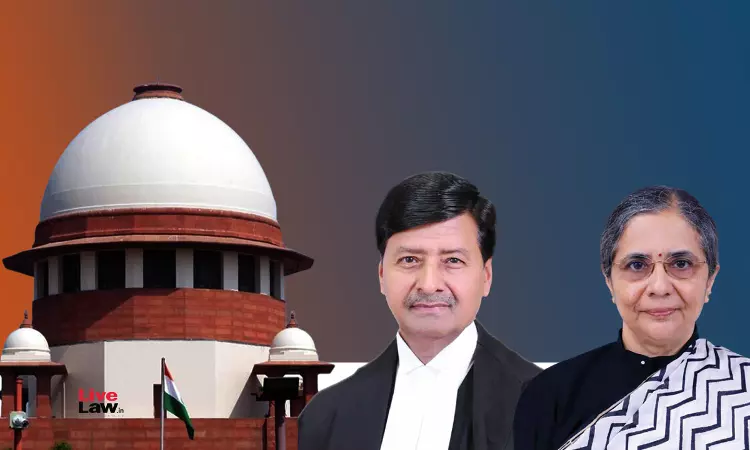Civil Judges' Appointment | Supreme Court Takes Divergent View On Granting Relief To Candidates Who Submitted Category Certificates After Cut-Off Date
Sohini Chowdhury
25 May 2023 10:57 AM IST

While Justice Ajay Rastogi opined that the candidates were entitled to relief, Justice Bela Trivedi disagreed.
Next Story


